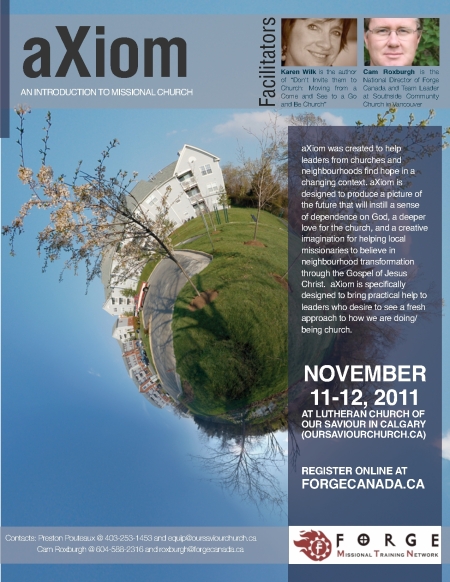Does the Church need full-time ordained leadership in the local context?
I have been wondering about the viability of the full-time ordained clergy in the near future. It used to be that the clergy were more often than not, the only educated person in the context of the local congregation. The knowledge held by the clergy, as well as the skills of reading, teaching, and public discourse often set the clergy apart from the parishioner. But that day has long been only found in the past.
What then is the purpose of a full-time clergy person? Is it a quaint holdover from “how we have always done it” or are we afraid of what might happen to the ‘orthodoxy’ of the Faith if the clergy were displaced from their ivory towers?
Now as a full-time ordained clergyperson, I do have a financial benefit in holding a call in a local congregation. I also have security in a future pension, healthcare, paid vacations, time and money for further education, and still some status in the surrounding community because of my position. Why do I question a good thing? Because I believe that we have stifled the Gospel by making it safe and comfortable. We have also diminished the ‘edginess’ of the message when it is wrapped in a corporate structure and institutional understanding.
I believe the ministry has suffered because of the time spent in administrative necessity in reporting a ‘successful’ ministry to the higher structural authority. The transformational power of the Gospel has been made palatable so that the financial supports may be protected while people continue to be suffocated with the status quo.
The Church needs to reawaken to the transformational power of the Resurrection if it is to continue to survive in a way that is true to its Commission. Change (conversion) is what this world needs, and if it cannot begin in the midst of those called together by the Author of Creation, we are truly a pitiful lot.



 Posted by Scott Peterson
Posted by Scott Peterson 






